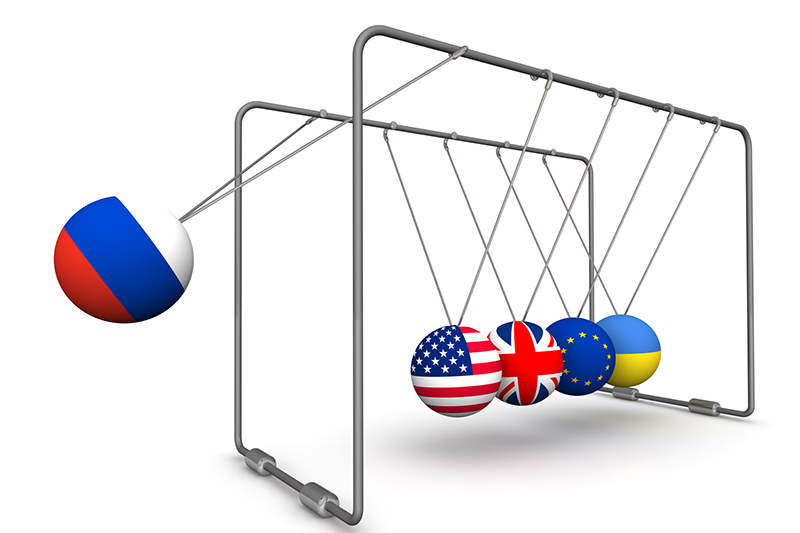At the end of 2016 IMI Europe held a panel discussion with key players in the digital inkjet space on how the changing political landscape might impact the sector.
Here IMI Europe managing director Dr Tim Phillips talks about the issues raised.
At the IMI Europe Digital Printing Conference in Amsterdam, Netherlands, at the end of 2016, part of the conference programme was a panel discussion with industry experts discussing the potential impact of recent political upheavals on the inkjet printing industry. Panel members Marco Boer of IT Strategies, Sander Jansen of Scanlaser (a Dutch book printer using digital technology extensively) and José Luis Ramon of EFI discussed this, with the panel chaired by Mike Willis of Pivotal Resources and IMI Europe.
The first question asked whether, in the US, printshop owners are happy with the election of Trump? Marco Boer said that many owners were happy with this - they tend historically to vote Republican, hoping for lower taxes and less regulation, potentially leading to larger margins. However, economists say that since WW2, every single election that switches party actually has a minor impact as in fact presidents have very little power.
Half of the current US government budget pays for healthcare, pensions and the national debt, and this is expected to rise to 70% in the next ten years with demographic changes, so there is very little room to move in reducing taxes. In addition the expectation is that any move to leave agreements like NAFTA are likely to be hamstrung by legal obstruction from industries that may lose out, so there may be much less and slower change that that expected. Many producers who have invested in meeting environmental, health and safety and other regulations would be against removing these, as they reduce competition from lower cost producers.
An audience member asked if trade barriers would be good for the inkjet industry - given they encourage production local to consumption, perhaps this is positive for digital printing? Another question was about acquisitions in the industry, many across borders. Will the political changes affect this? Boer felt that this would not be an issue - actually the issue for a company like EFI is the ‘low hanging fruit’ being used up, creating a challenge for it to continue to grow as expected.
Willis was asked whether patent law might be affected by political change. He argued that patent authorities cooperate extensively across borders currently, making it easier for large companies to protect their investments worldwide, and believes that the interest these companies have in maintaining this structure means there will be strong resistance to any break down in this cooperation.
Another audience member asked whether, if the much talked about ‘walls’ were built around the US, would it be a chance for the rest of the world to trade and fill the gap left by a more insular US? Boer thought that Latin America for example would be encouraged to do more of its own printing, rather than trading with Europe to replace the US - more local production as previously mentioned, which may be a positive for the inkjet industry.
The feeling was that the UK is in a paralysed situation currently with a ‘phoney war’ in place over Brexit. Apart from the large drop in the value of the pound - which favours UK exporters in the short term - there is a great deal of uncertainty over what will actually happen.
An immediate impact is from research groups in UK universities being frozen out of new collaborative bids due to the expected withdrawal from the EU. One view from the audience was ‘nobody has done anything silly yet, but they will!’ and that many of the negative predictions of the consequences of Brexit will come to pass, but have simply been delayed during arguments about triggering Article 50.
The final question that was asked considered whether the Brexit vote had changed perceptions from outside the UK about Britain and what it stands for, and by implication what British companies stand for.
Jansen felt that doing business together was down to relationships between people, and hence political decisions would have little impact on strong business relationships. Boer argued that the UK decision was part of a global rebellion against some changes happening in the world, and that other countries would also swing to the right in the next years. Ramon hoped that the uncertainty would be resolved as soon as possible so that business could continue.


